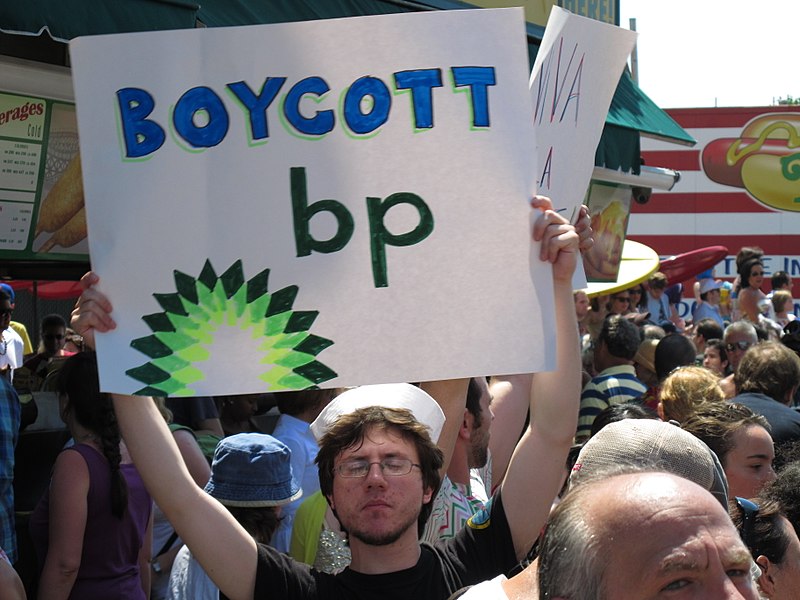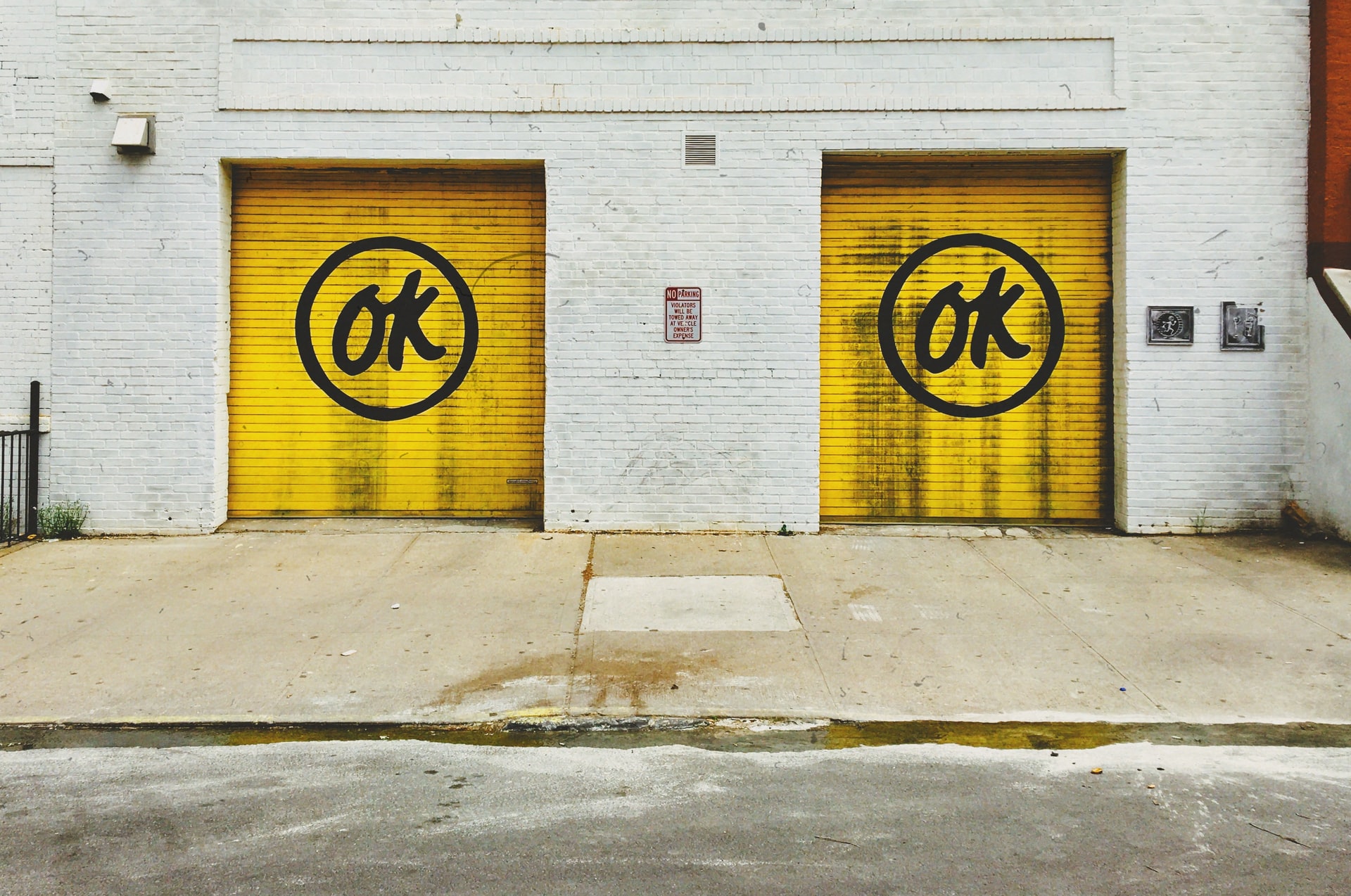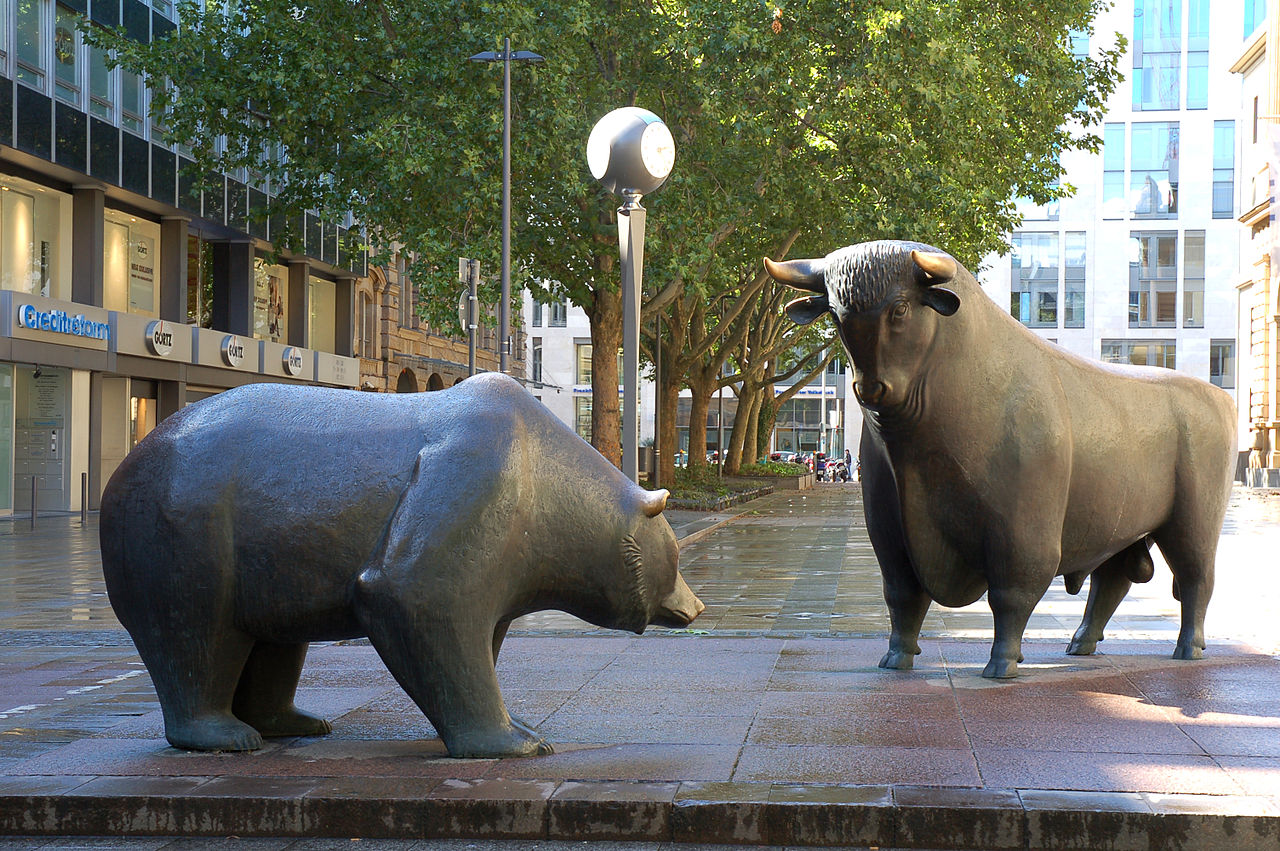Reading Time: 2 minutes
- In the 1840s, Ireland was highly rural – Around 80% of its population lived in rural areas.
- The entire land of the island was concentrated in the hands of a small number of absentee landlords.Landlords who leased the property to tenants, but didn’t care about proper maintenance of it, or did only the minimum required by law. They mostly lived far-off from the rented property.
- When the Great Famine hit Ireland between 1845 and 1851, a lot of Irish people left Ireland for the US, Canada, and other countries.
- The land which these people left behind was bought over by bigger landlords and by 1870, more than 50% of the island was owned by 750 families.
- Because of such a high concentration of power, there was exploitation and anti-landlord agitations became increasingly common.
- Then a part of Ireland was again hit by famine in 1879 and now many tenants were faced with hunger and unable to pay their rent.
- While some landlords offered concessions on rent, some landlords — who were upset by anti-landlord agitations — asked the tenants to pay in full or vacate.
- One absentee landlord, Lord Erne, thinking of himself as generous, offered his tenants a 10% discount on rent.
- His tenants were not ok with 10% and demanded a 25% reduction.
- Lord Erne refused this and sent his land agent Captain Charles Boycott to evict the 11 revolting tenants.
- Now, a few months before the Lord Erne episode, political leader Charles Stewart Parnell had proposed that when dealing with tenants who took farms where another tenant was evicted, rather than resorting to violence, everyone in the locality should shun them.
- While Parnell’s speech did not refer to landlords or their agents, the tactic was first applied to Boycott when he came to evict the 11 tenants.
- Soon, Charles Boycott found himself isolated — local businessmen stopped trading with him, postmen refused to deliver his mail, workers stopped working in his stables/fields.
- Crops in his own farms remained unharvested and he had to hire 50 people from far-off regions to harvest them and these people were provided security of 1000 armed policemen (while it was not required because people were committed to non-violence).
- Overall it worked out too expensive for Boycott (incurring him a financial loss) and soon his name was everywhere.
- New-York Tribune first did a story on this ‘boycott’ and within a short time, the press started using it as a verb and by 1880, ‘boycott’ became a term for organised isolation.
Image courtesy of Commons Wikimedia
Reference shelf :






















